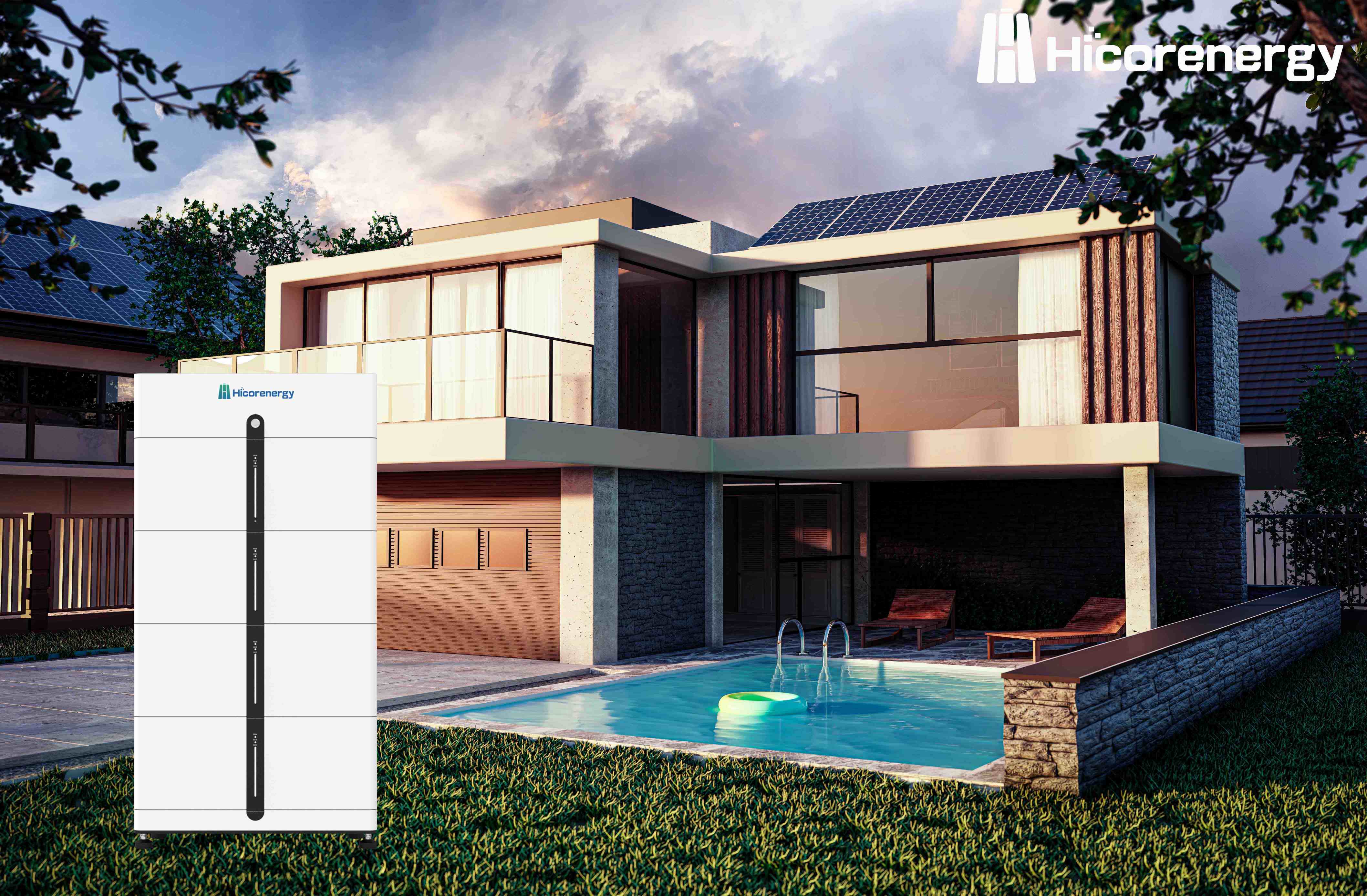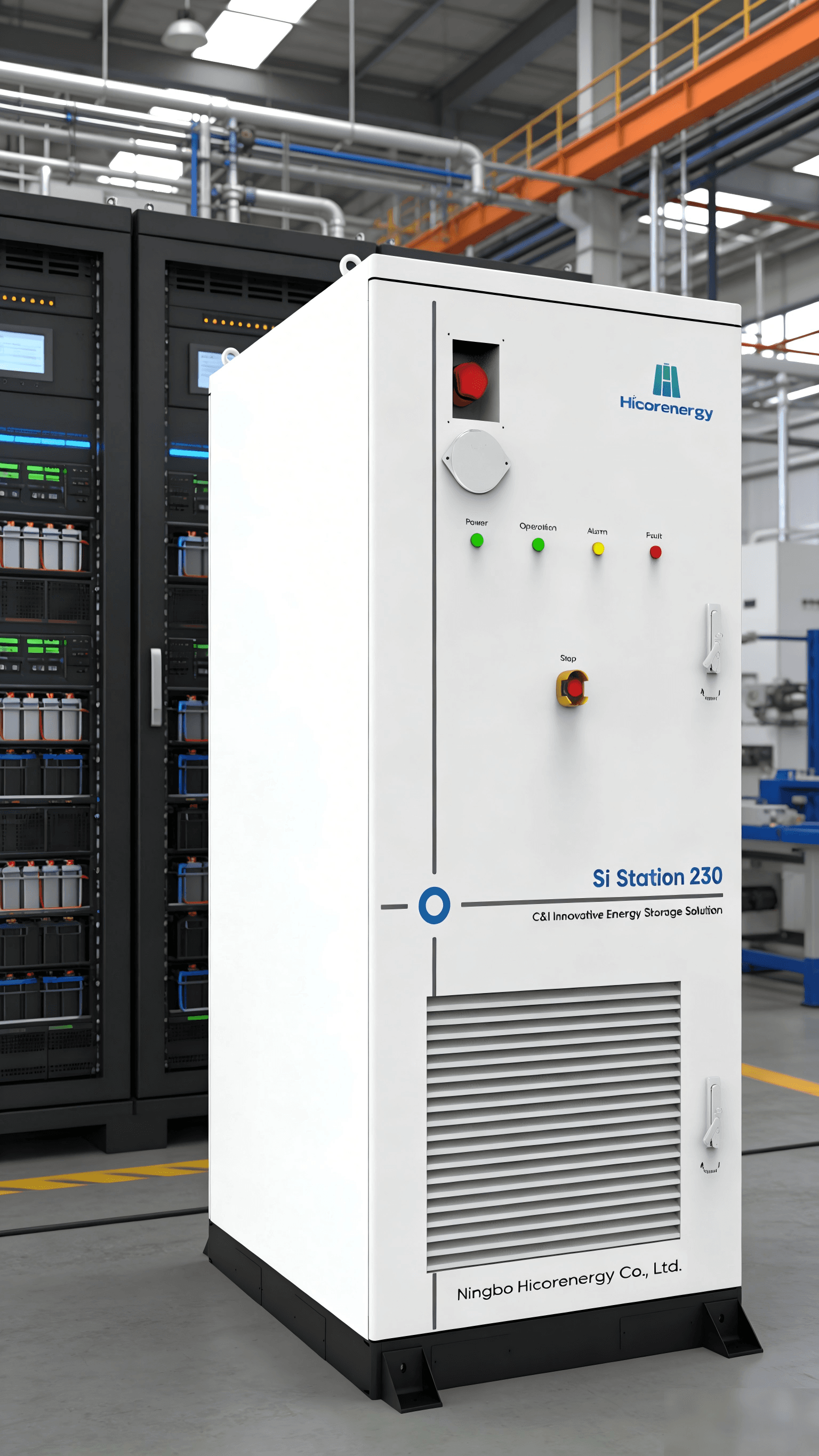The Evolution of Modern Power Management
The advancement of renewable energy has brought about a critical need for effective energy management, placing a spotlight on innovative lithium battery storage solutions. As homes and industries increasingly turn to sources like solar power, the ability to store surplus energy for later use is no longer a luxury but a necessity. This shift is driving the development of sophisticated systems that promise energy independence, grid stability, and a more sustainable future. Modern storage technology is empowering consumers to take control of their power consumption, ensuring a reliable supply day and night, regardless of weather conditions.
Embracing Energy Independence at Home
The concept of the smart home has expanded to include power management, leading to a surge in demand for home energy storage systems. These integrated solutions allow homeowners to capture and store excess electricity generated by their solar panels during the day. This stored energy can then be used during the evening, on cloudy days, or as a crucial backup during power outages. At the heart of this revolution is the residential lithium battery, a compact and highly efficient device that makes energy self-sufficiency a tangible reality. By adopting these systems, families can significantly reduce their reliance on the traditional power grid, lower their electricity bills, and contribute to a cleaner environment.
Why Lithium-Ion Technology Dominates
When exploring energy storage, it becomes clear why lithium ion battery systems have become the industry standard. Their superior energy density means they can store more power in a smaller, lighter package compared to older battery technologies. Furthermore, they boast a longer cycle life, allowing for thousands of charge and discharge cycles with minimal degradation, ensuring a long-term, reliable investment. Their high efficiency means that very little energy is lost during the storage and release process. As manufacturing scales and technology advances, the cost of these systems continues to become more accessible, making them the premier choice for everything from small residential setups to large-scale industrial applications.
Scalable and Flexible Storage Solutions
Recognizing that energy needs vary widely, manufacturers now offer a diverse range of products tailored to specific requirements. For homeowners or small businesses, modular home energy storage systems provide incredible flexibility. These sleek, stackable units allow users to start with a base capacity and easily expand their residential lithium battery setup as their energy demands grow. For applications where performance and safety are paramount, high-density battery cabinets with meticulously engineered internal configurations offer robust and durable solutions. These systems seamlessly integrate with renewable sources, optimizing energy usage and maximizing return on investment through smart design and quality engineering.
Powering a Greener Industrial Future
The scope of lithium battery storage extends far beyond the home. For medium-scale operations such as small factories or community grids, integrated power stations like the S1 Station 186 provide robust energy storage with smart management and advanced cooling systems for ultimate reliability. For even larger demands, grid-level solutions like the S Station 330 are engineered to support entire industries and utility-scale renewable projects. These powerhouse systems handle high-capacity storage and manage peak demand, ensuring grid stability. By working in synergy with vast solar farms, these advanced lithium ion battery systems are essential infrastructure for building a sustainable, resilient, and uninterrupted power supply for a greener planet.








